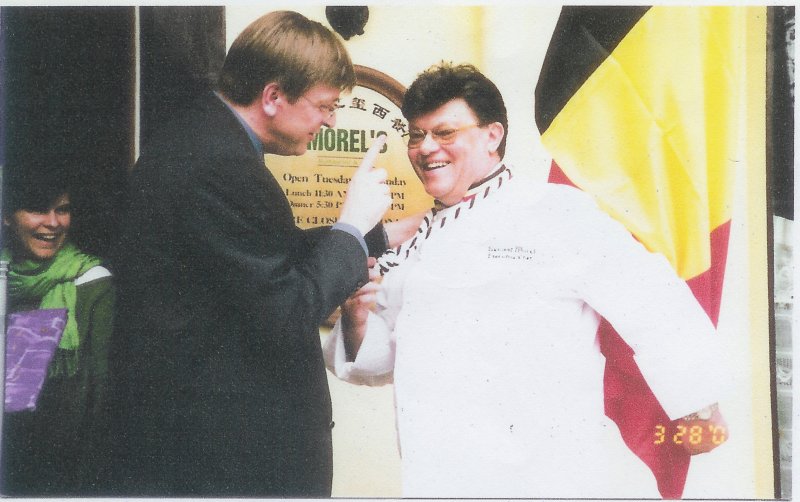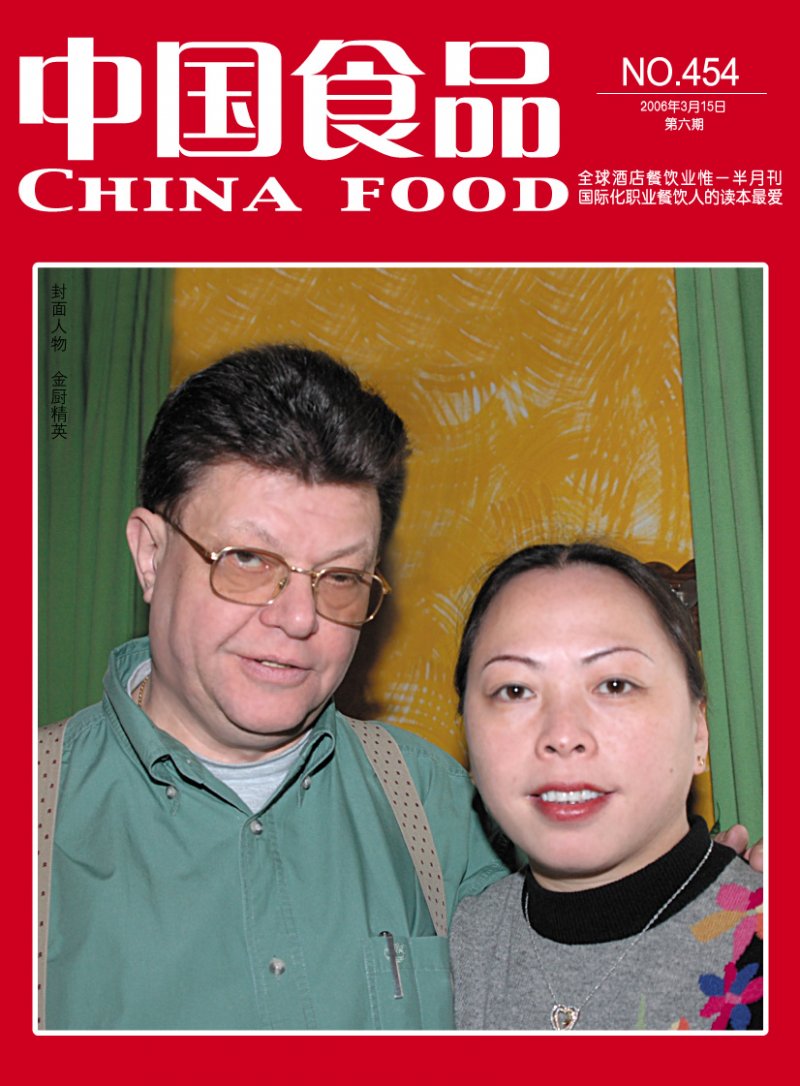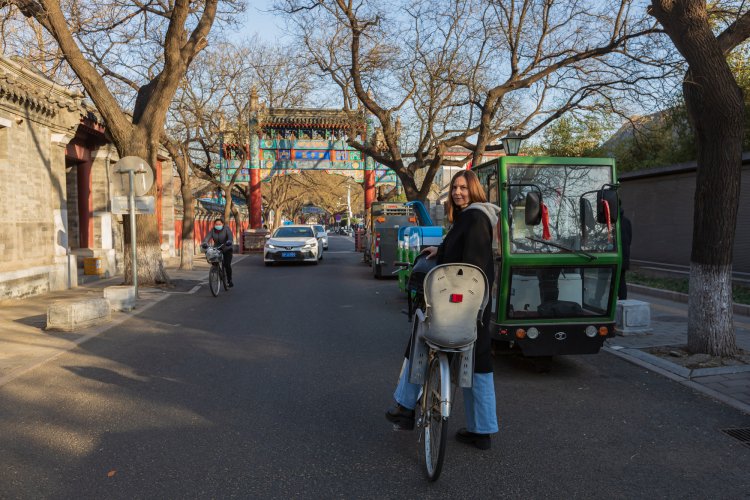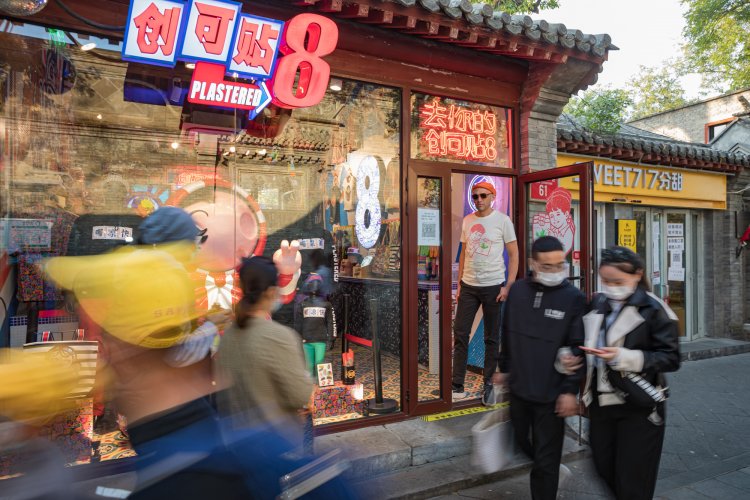20 for 20: Renowned Chef Renaat Morel of Morel's
As we continue our celebration of 20 years of The Beijinger, we’re taking a closer look at some of the expats who have been here for two decades and those who have had an oversized impact during their stay.
Rounding up long-term Beijinger’s who have left a mark on the city, we would be remiss not to include Renaat Morel, a renowned chef who’s been in Beijing for about as long as foreigners have been allowed to live in China. His Belgian restaurant, Morel’s, is also celebrating 20th anniversary this year along with our publication, and of course, it was the subject of one of our earliest reviews. Those in the know call Morel "The Godfather" of Beijing's foreign culinary scene.
Recently, we talked with the chef about his experience as a restaurateur in Beijing, his deeply held impressions of the city, and how he laid the groundwork for Belgian beer to rule the city’s beverage scene.
Why did you choose to set up shop in Beijing?
Well, there’s a simple reason. I came to Beijing 33 years ago. At first, I was working in hotels, and that’s when I learned the importance of working with local chefs. When chefs would come up from Shanghai, for example, they wouldn’t speak the local dialect and they couldn’t work well with the suppliers. The local chefs can fight for what they need.
So why Beijing? Because it was the place that I was most familiar with in China – my wife is a Beijinger, my friends are Beijingers, my family are Beijingers. And my wife really knows how to work with the local people. She has a way of talking with them that gets them to act correctly.

I’ve gotten so many offers to do a second restaurant in another city. “Why don’t you come to Shanghai,” they say. “Why don’t you come to Xiamen.” I’m not interested. I’ve got enough problems!
So, 33 years, eh? I bet the city has changed a lot since then.
You know, when I first came to Beijing, it was all bicycles. I worked for the first joint-venture company in the city, and the company car had license plate number 0086 – meaning it was the earliest cars registered to such a company.
At that time, only the Chinese could use RMB. Foreigners had to use FEC. So, I would have to give the FEC to my wife to exchange for RMB. Meanwhile, some of the locals would be using special rationing coupons for their groceries.

So, you’ve sort of raised a family here in Beijing, is that right? Has it given your family a lot of opportunities?
Well, we don’t have children of our own, but at the same time, we do have a son. Basically, my brother in law’s son grew up in our house and became like a son to us. The reason is that he was always testing number one in his class, so he had to go to a good school. Their home was out by the airport, which was too far from the school he wanted to go to. So, he ended up staying with us and biking to the school from our place.
Later on, I sent him to London for University and he graduated top of his class. Then he got a master's from Exeter. All of that started in Beijing. Of course, later he came back to work for the top finance team at Xiaomi
Can you tell us about how you brought Belgian beer into Beijing?
Well, I wasn’t the first to import Belgian beer to Beijing. One importer was already bringing in Duvel, but at that time, they weren’t very reliable – sometimes he would have the beer, sometimes he wouldn’t. At the same time, I got some advice from a big importer in the south, telling me that every beer should have its own special glass and its own coaster for branding. So, I started bringing that stuff back from Belgium, and eventually, I decided to start my own import company so I could bring back beer too.
Besides the restaurant, I would supply one of the earliest bars in Sanlitun, Nearby the Tree. The operation never got much bigger than that, but by importing new brands I did lay a path for others to bring them in too because once the paperwork is done for a brand, anyone can import it. In fact, others started asking me, “Morel, when are you going to import this other beer?” because they wanted to import it too.

Do you have any local Beijing local food that’s your go-to?
I love Beijing noodles and Beijing hot pot. But it’s more difficult to find traditional Beijing hot pot these days. Now, they use sauce made from the factory and frozen meat, but the traditional way was to slice the meat in front of you. But the best hot pot sauce I’ve ever had was from my sister-in-law – she takes a lot of time and uses the right ingredients – chili oil, fresh garlic, very fresh spring onion. But it’s all worth it.
READ: 20 for 20: Malek Mounther of 1001 Nights
Images courtesy of Renaat Morel







